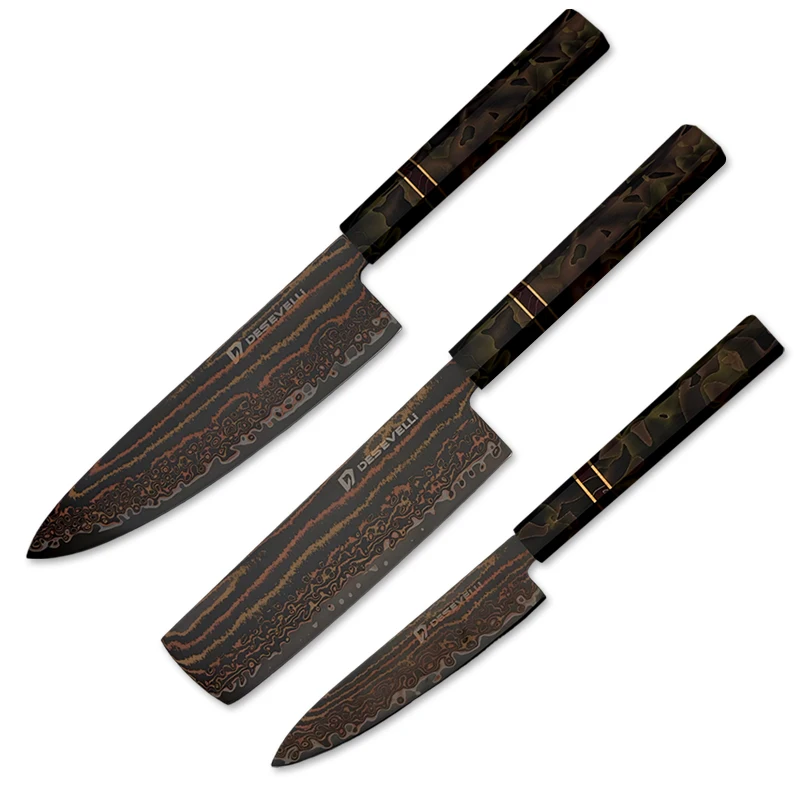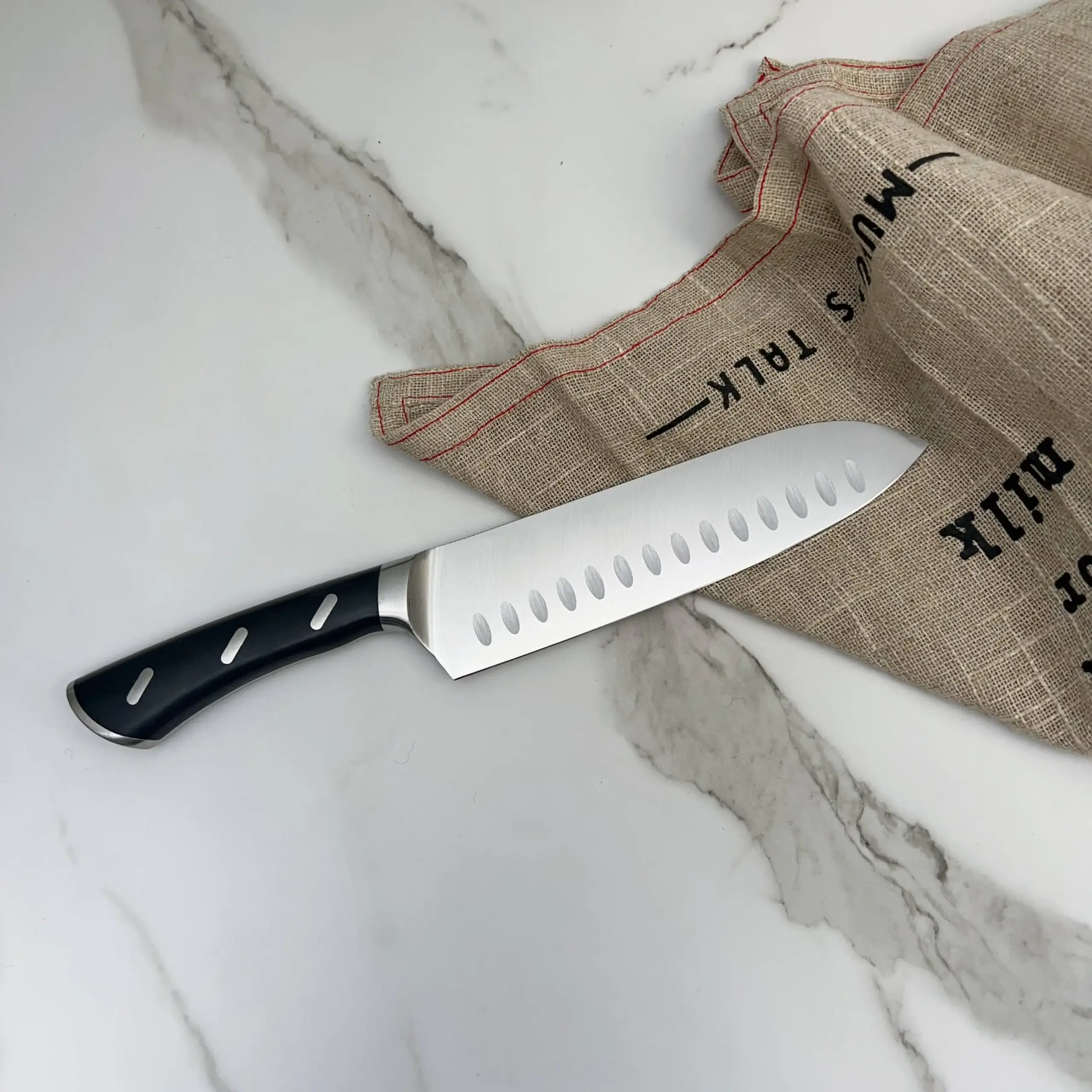bob@nbdho.com
Essential Food-Grade Certifications in Cutlery You Should Know
When it comes to producing or importing cutlery, especially stainless steel flatware, food safety certification is critical. These certifications ensure that the materials and surface treatments used in knives, forks, and spoons are non-toxic, non-reactive, and safe for long-term contact with food.
In this guide, we’ll cover the most recognized food-grade certifications for cutlery and why they matter in different markets.
🏷️ 1. FDA (Food and Drug Administration – United States)
-
What It Is: A certification confirming that materials used are compliant with FDA regulations for food contact.
-
Why It Matters: Essential for selling cutlery in the U.S.
-
Covers: Stainless steel composition, coatings, adhesives, plastic handles, etc.
-
Note: FDA does not issue certificates itself but approves testing protocols by certified labs.
🏷️ 2. LFGB (Lebensmittel- und Futtermittelgesetzbuch – Germany)
-
What It Is: The German Food & Feed Code, considered stricter than FDA in some areas.
-
Why It Matters: Highly regarded across Europe and globally, especially for silicone, rubber, plastic, and coatings.
-
Test Method: Includes sensory tests and migration of harmful substances.
-
Ideal For: Cutlery with color coatings, plastic parts, or printed logos.
🏷️ 3. SGS Certification (Global Testing Body)
-
What It Is: Not a standard itself, but a third-party lab providing testing services against standards like FDA, LFGB, REACH, etc.
-
Why It Matters: Proof that your cutlery has been tested by a reputable global institution.
-
Useful For: International buyers requiring trustable lab results.
🏷️ 4. ISO 22000 / ISO 9001 (Management Systems)
-
ISO 22000: Focuses on food safety management systems for manufacturers.
-
ISO 9001: Ensures consistent quality management in production processes.
-
Why They Matter: They don’t certify the cutlery product itself, but certify the factory producing it.
-
Ideal For: Manufacturers wanting to boost B2B buyer confidence.
🏷️ 5. EU Framework Regulation (EC) No. 1935/2004
-
What It Is: The primary regulation for materials in contact with food across the European Union.
-
Includes: General safety principles for all food contact materials (FCMs).
-
Important For: Sellers targeting European markets.
🏷️ 6. REACH Compliance (EU)
-
What It Is: A regulation addressing the registration, evaluation, and restriction of chemical substances.
-
Cutlery Relevance: Ensures no harmful heavy metals or chemicals are present.
-
Often Required With: LFGB or EU compliance claims.
🏷️ 7. BPA-Free Certification
-
What It Is: Confirms that no bisphenol A (a harmful plasticizer) is used, especially in plastic-handled cutlery.
-
Why It Matters: Growing demand among health-conscious consumers, especially in baby/kid products and outdoor cutlery.
🧾 Summary Table
| Certification | Region | Covers | Recommended For |
|---|---|---|---|
| FDA | USA | Material safety for food contact | All stainless steel cutlery |
| LFGB | Germany / EU | Strict chemical & migration tests | Coated, plastic, or colorful cutlery |
| SGS | Global | Lab-tested to standards | Exporters & importers |
| ISO 22000/9001 | International | Factory process quality/safety | Manufacturers seeking global trust |
| EC 1935/2004 | EU | General EU food-contact law | Any cutlery entering the EU |
| REACH | EU | Chemical substance limits | High-volume importers |
| BPA-Free | Global | Non-toxic plastics | Kids’ or camping cutlery |
🔍 Why These Certifications Matter
✅ Boost Buyer Trust – Especially for Amazon, supermarket, and restaurant supply chains
✅ Reduce Legal Risk – Comply with food safety laws in major markets
✅ Support Branding – Certifications increase your product’s perceived value
✅ Open Export Opportunities – Some countries won’t allow imports without them
📌 Final Tip
Always ask your supplier for relevant test reports and ensure they’re from verified labs like SGS, TÜV, or Intertek. If you’re a cutlery brand or distributor, these certifications are not just optional—they are a must-have for safe and successful sales.


